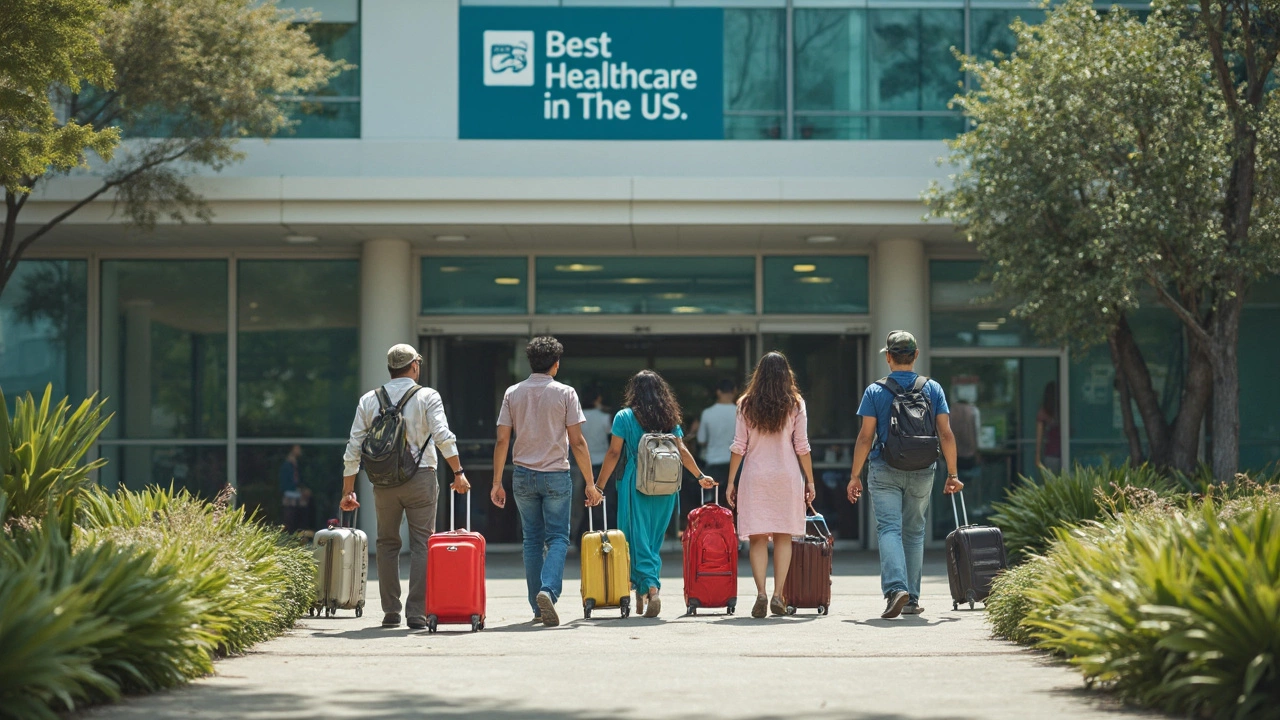Medical Tourism: Your Quick Guide to Safe, Affordable Health Trips
Did you know that more than 15 million people travel abroad each year just to get medical care? The big draw is lower prices and faster appointments. If you’re thinking about a health trip, you need a plan that keeps you safe and saves money.
Choosing the Right Hospital
The first step is to find a hospital that meets international standards. Look for accreditation from bodies like JCI or NABH – they check cleanliness, staff training, and patient safety. Check the doctors’ qualifications, their years of experience, and any special awards. Real patient stories on forums can tell you if the hospital lives up to its promises.
Don’t just pick the cheapest option. A low price can hide hidden costs later, like extra tests or longer stays. Compare the total package: surgery fee, room charge, medication, and follow‑up visits. Ask the hospital for a clear, written estimate so you can compare it side by side with other providers.
Managing Travel and Aftercare
Travel paperwork is often overlooked. Make sure your passport is valid for at least six months after the procedure. Some countries need a medical visa, which you can get by showing a letter from the hospital. Travel insurance that covers medical tourism is a must – regular policies often exclude overseas treatment.
Plan your post‑op care before you land. Ask the hospital if they offer a local nurse to check your wound or change dressings. Arrange a follow‑up video call with your home doctor, so they can monitor your recovery. Bring any required meds from home, as getting the same brand abroad can be tricky.
Transportation matters too. Arrange a private, wheelchair‑friendly ride from the airport to the hospital. Public transport may be crowded or not equipped for post‑surgery patients. If you need a companion, check if the hospital allows a caregiver to stay overnight.
Now think about the popular destinations for Indian patients. Thailand offers world‑class orthopedics at a fraction of the cost. Singapore is known for cutting‑edge cardiac care but is pricier. Turkey blends affordable prices with high‑tech facilities, especially for dental work. The UAE provides English‑speaking staff and easy visa rules.
Budgeting goes beyond the surgery bill. Factor in flight tickets, airport transfers, meals, and a short stay for recovery. Exchange rates can swing the total cost – lock in a rate if you can. Also, keep some cash for unexpected tests or medication.
Risks are real, but you can lower them with research. Make sure the hospital has an emergency plan and a clear policy on complications. Understand the legal side – what happens if something goes wrong? Some countries have patient‑compensation funds; others don’t.
Finally, create a checklist before you book:
- Accreditation and doctor credentials
- Written cost estimate
- Medical visa and insurance
- Post‑op care plan
- Travel logistics and emergency contacts
Follow these steps, and medical tourism can be a smart way to get the care you need without breaking the bank.










